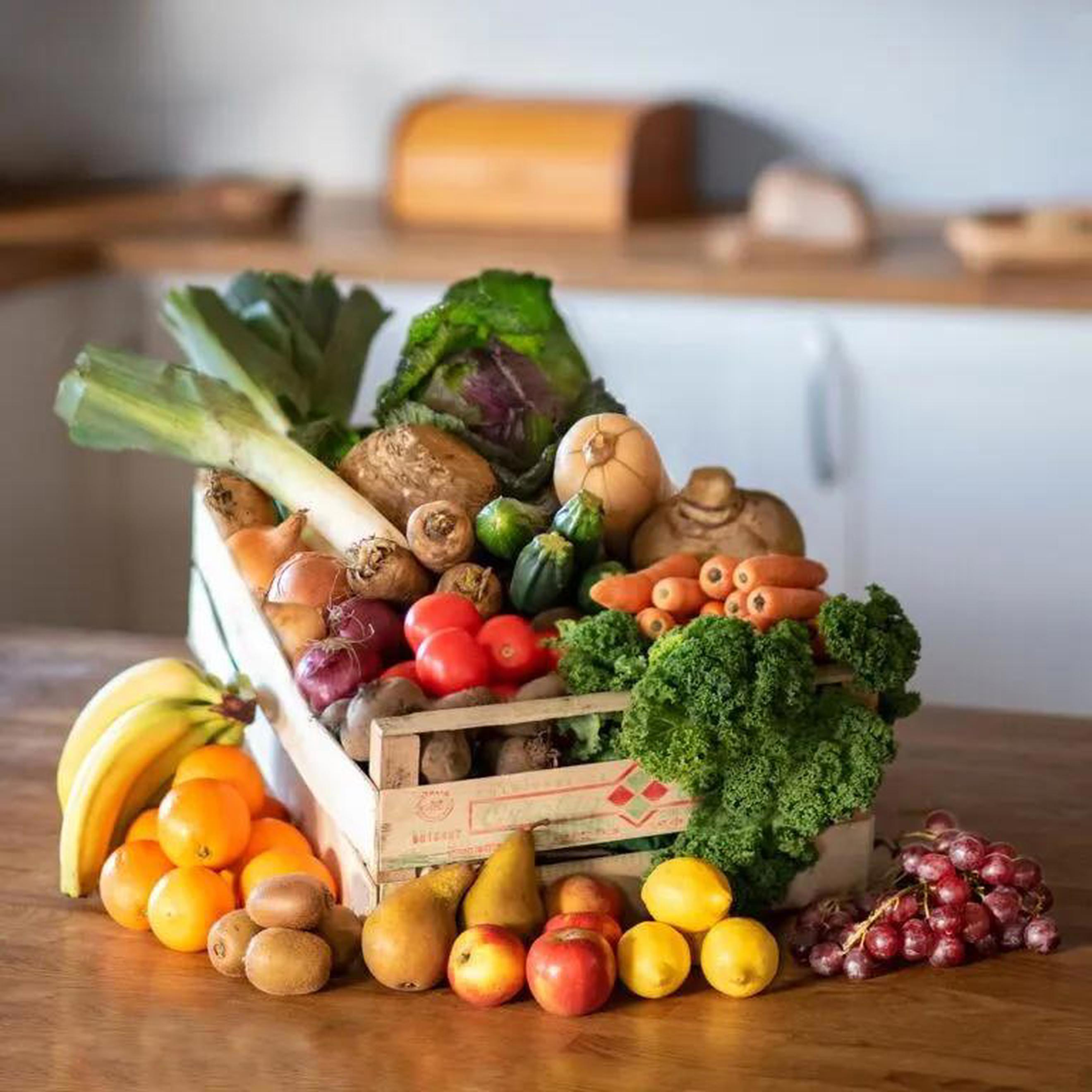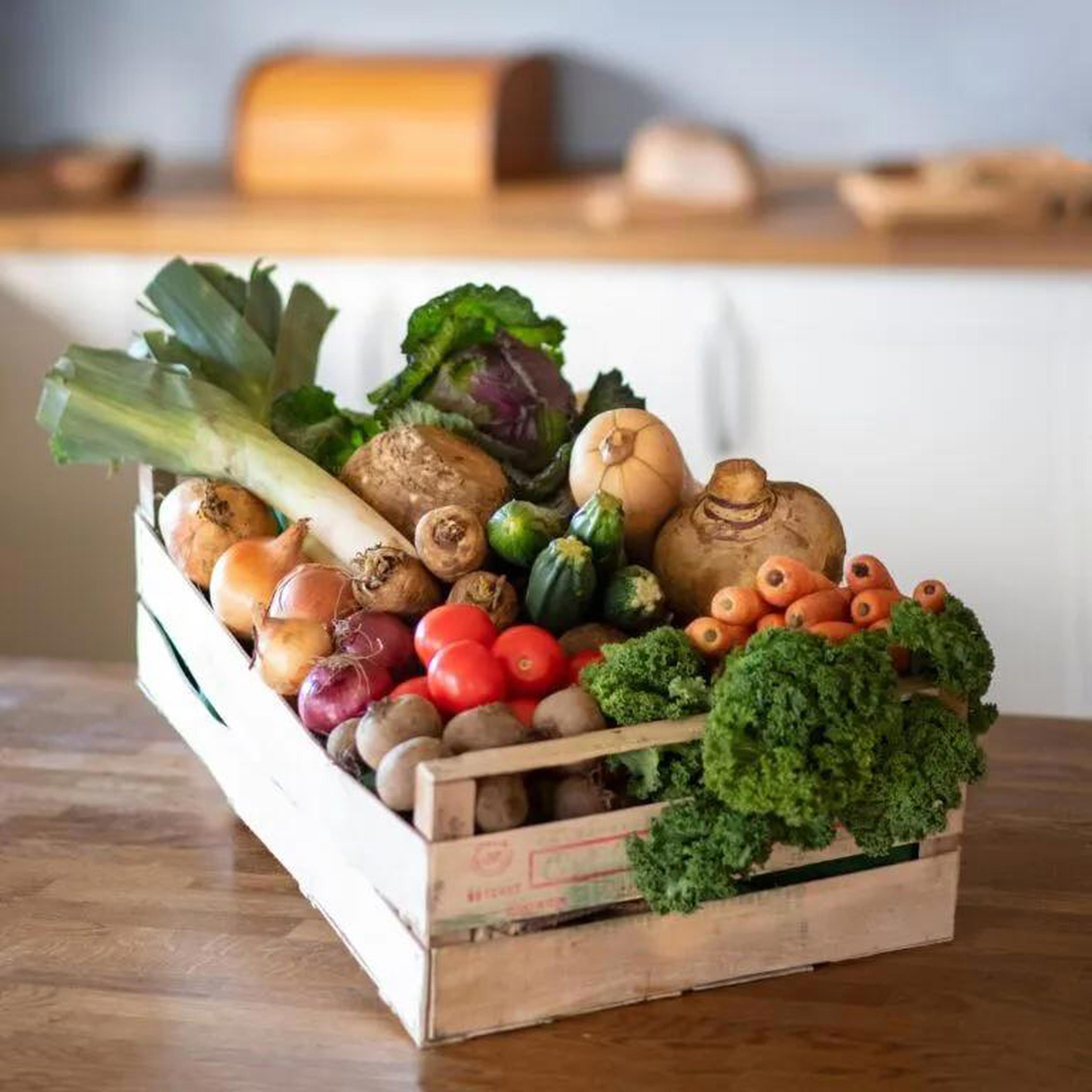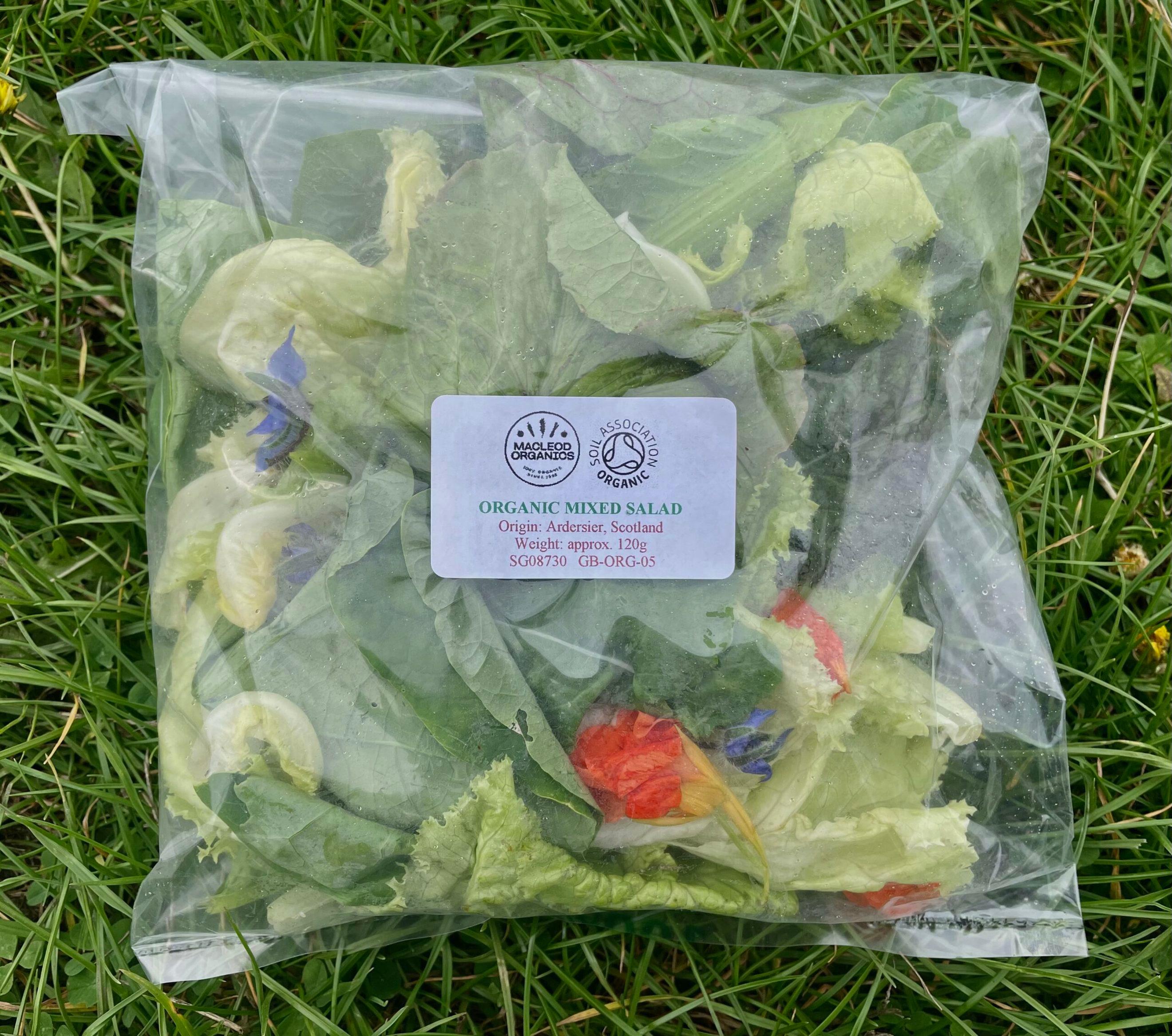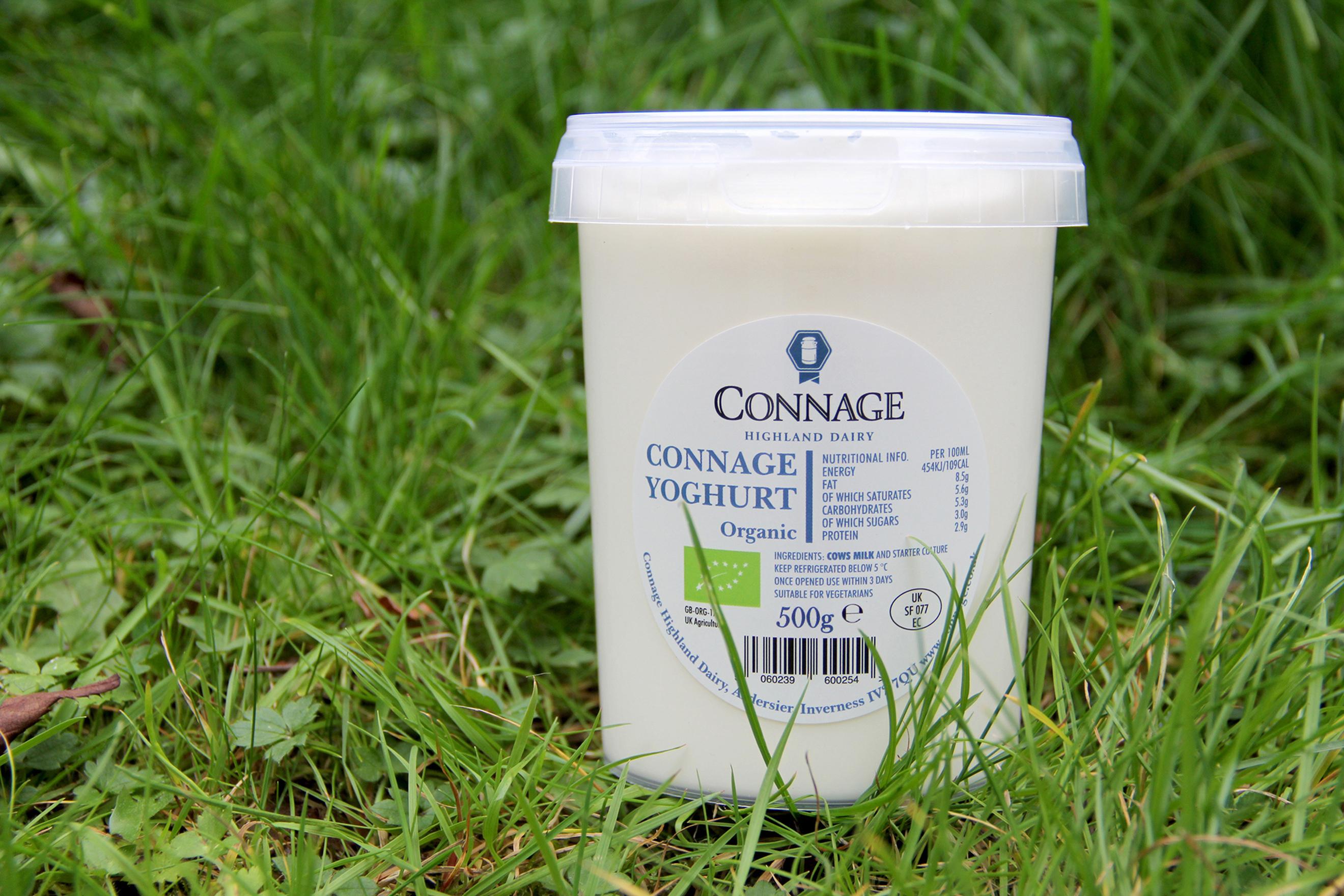Boxes
Juicing and Mixed Organic Fruit & Vegetable boxes
Choose from our range of mixed organic fruit and vegetable boxes.
£19.80 for Organic Juicing Box
Organic Fruit Boxes
Choose from our range of organic fruit boxes
£14.30 for Organic Fruit Box - non citrus
Organic Vegetable Boxes
Choose from our range of organic vegetable boxes
£14.30 for Organic Veg Box - half





























